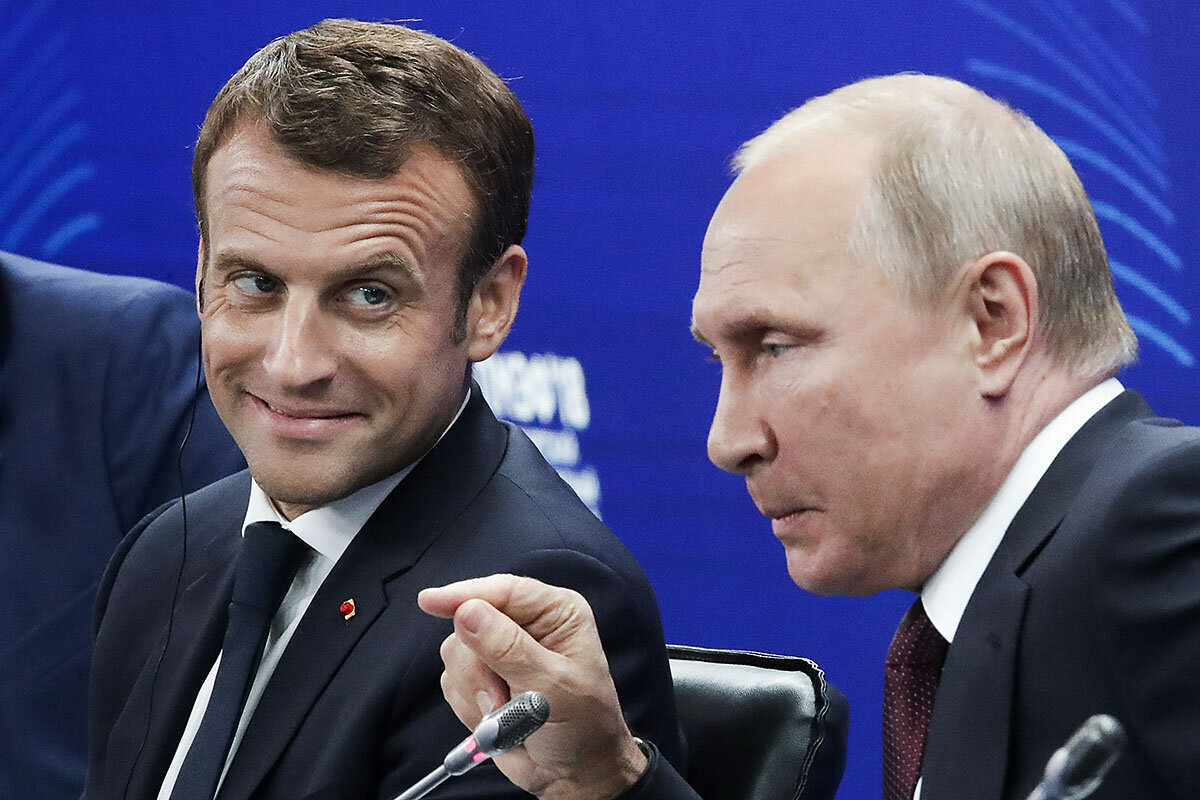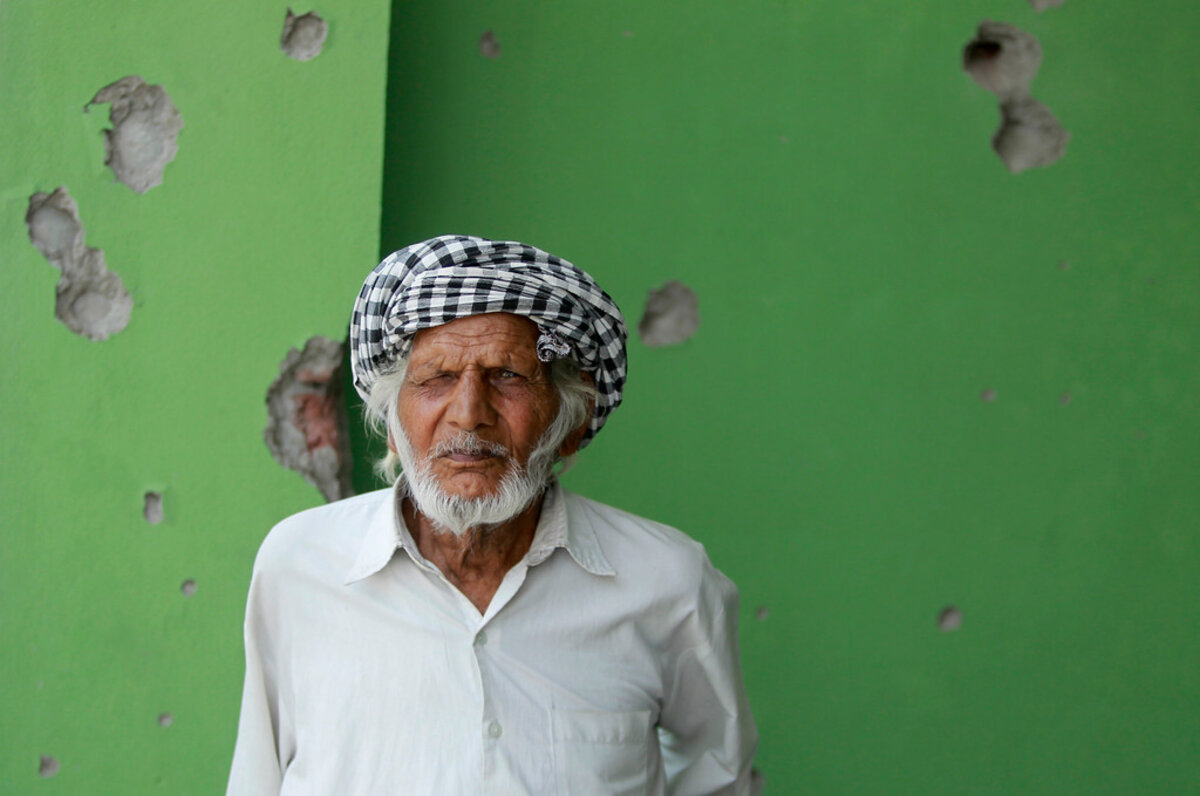The United States is making life hard for Europe, both directly through new tariffs and indirectly by withdrawing from the Iran nuclear deal. And that is giving Russia an opening to reset its relationship with its neighbors.
Monitor Daily Podcast
- Follow us:
- Apple Podcasts
- Spotify
- RSS Feed
- Download
 Kim Campbell
Kim Campbell
One of the young women featured in our video offering today decided to volunteer for a year after graduating from college. She signed up with the Jewish nonprofit Repair the World in New York City.
She sees the work she is doing – helping to raise food on a farm in Brooklyn – as a way to guide her in the future. “The values that I’m instilling in myself now … I want to carry with me throughout my career no matter where I end up,” says Miriam Lipschutz.
That’s the kind of thinking included in the commencement address given last week by Gov. John Kasich of Ohio. Speaking at Harvard’s Kennedy School of Government, he said he would not be focusing on public policy and instead talked about how students can use their values as a compass to lead them.
The remarks echoed those the Republican governor gave in March at his State of the State address, in which he championed compassion, humility, forgiveness, responsibility, justice, and respect.
He encourages people to see these traits in themselves and in each other. In doing so, he offers a way for society to see commonalities, rather than differences, and suggests more Golden Rule thinking. He highlights the choices made by those in tragic events from Las Vegas to Parkland, Fla., and honors their courage.
The young people working on the faith and service project in the video are the kinds he hopes will consider this approach. “Our Millennials are in search of more meaning,” he says. “My hope is really in the Millennials.”
Here are our stories for today, which look at the importance of relationships – and rights.









